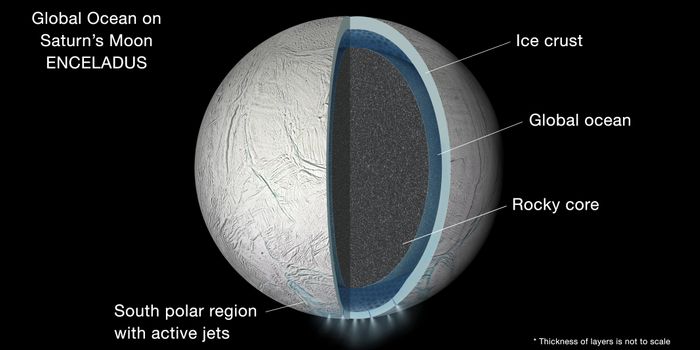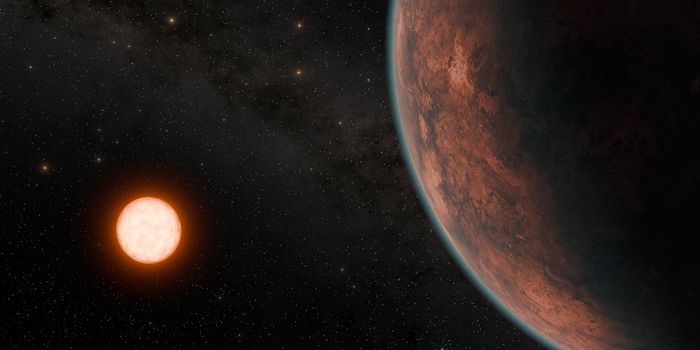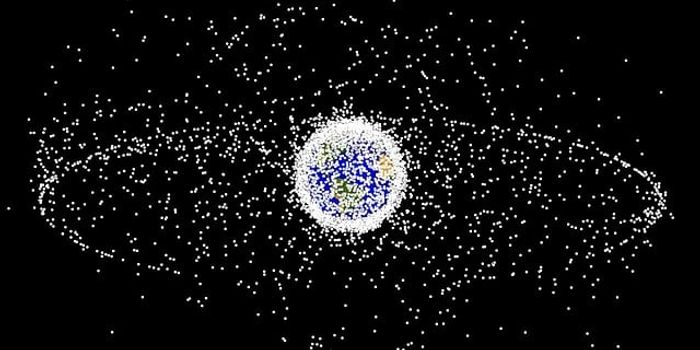Elon Musk's Space-Bound Tesla Carries Heaps of Earthly Bacteria
Elon Musk hyped February’s Falcon Heavy launch up with a unique payload: his cherry-red Tesla Roadster electric car. While just about everything went as planned at the time, researchers now express concern about the microbial hitchhikers that are likely present on and inside of the car.
Image Credit: SpaceX
Unlike traditional spacecraft and the devices/vehicles used in extra-planetary missions, Musk’s Tesla Roadster wasn’t sterilized before entering space. There’s also been talk lately about where the car could end up in the future, and scientists agree that it will probably collide with Earth or Mars within millions of years.
So why the concern? We know from International Space Station-based studies that bacteria thrive in outer space, and Earth-based bacteria could continue festering on the car until it eventually slams into something.
The big worry is what might happen whenever such biological cross-contamination occurs. If Earth-based bacteria landed on the red planet, then it could potentially infect and contaminate extraterrestrial life (if there is any).
Related: Astrophotographer captures footage of Elon Musk's Tesla Roadster as it flies across the night sky
“If there is an indigenous Mars biota, it’s at risk of being contaminated by terrestrial life,” expressed Jay Melosh, a planetary science professor at Purdue University.
“Would Earth’s organisms be better adapted, take over Mars and contaminate it, so we don’t know what indigenous Mars was like, or would they be not as well adapted as the Martian organisms? We don’t know.”
“The load of bacteria on the Tesla could be considered a biothreat, or a backup copy of life on Earth,” added Purdue University’s Alina Alexeenko.
Given the trajectory of the space-bound Tesla Roadster, the vehicle is unlikely to collide with Mars at all. There’s only a slight chance that it could, and it wouldn’t be for a very, very long time. That said, is it really a significant concern? It probably depends who you ask…
Source: Purdue University









